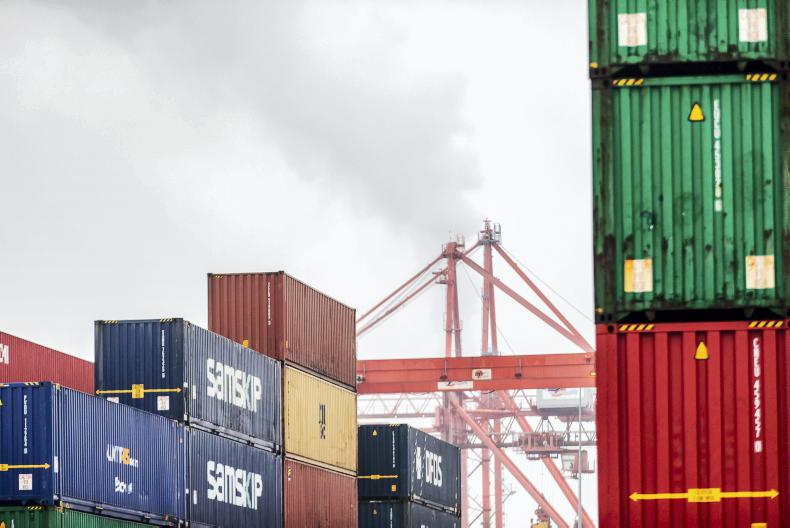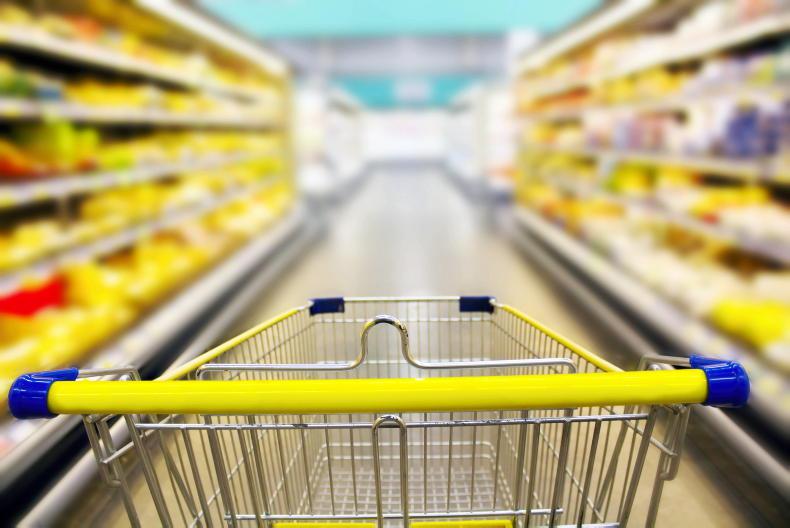The Westminster political party conference season draws to a close this week with the Conservative Party contest in Manchester, Labour last week and the Liberal Democrats the week before.
After the missing of 2021, this is the first time that political activists can get together and, in the case of Boris Johnson, it is his first party conference since the election win of late 2019 and completion of Brexit on 31 December 2020.
Playing to the audience
This was never going to an occasion for mature reflection and development of pragmatic politics that deal with the realities of an extremely disrupted supply chain for several goods considered essential.
There was never going to be a debate about how a constructive relationship with the EU could be developed in the aftermath of the UK charting its own way in the world.
Instead, there was a doubling down on strict immigration controls irrespective it seems of the short-term consequences. The vision is that the UK will become a high-value, high-cost economy with an acceptance that there may be teething problems along the way.
Behind the scenes
Meanwhile, far away from the camera lens and spotlights, EU and UK officials are wrestling with how the bureaucratic load on goods entering Northern Ireland (NI) from Britain might be reduced to a more manageable level.
That does not fit with the speech delivered to the conference by Lord Frost, the UK minister responsible for Brexit, but again we need to be mindful of optics.
All of the indications are that the EU have eventually worked out that they need the UK to administer the checks on their behalf and that irrespective of the technical procedures, the reality is that the tractability in retail chains is sufficiently robust to demonstrate in an audit that there is not a wholesale distribution channel.
Changing trade patterns
Interestingly, much is currently being made of the collapse in trade from Britain to the Republic of Ireland and a corresponding increase on cross border trade on the island of Ireland.
One wonders if this could be related to the ongoing deferral of checks – might exporters from Britain to the Republic of Ireland be using NI as a transit route, avoiding the full EU border control process.
This has not been investigated but it is at least possible in theory and could explain the expansion of North-south trade and loss of exports from Britain to the Republic of Ireland.
Pragmatism versus ideology
With party conference season out of the way there is also the question of how the UK sees its longer-term relationship with the EU.
Being part of the single market with free movement of people wouldn’t solve the shortage of lorry drivers and factory workers at a stroke but it would have rescued the problem.
Similarly British food producers have to work with the non-tariff barriers for exports to the EU while EU exporters to the UK still have a free pass because the UK have again deferred introduction of full border controls.
All of this suggests that now Brexit is done, the UK government could worse than revisit the relationship to explore if as a sovereign nation they might consider negotiating a closer trading relationship with the EU.
After all, they are prepared to negotiate entry to the Comprehensive and Progressive Agreement for Trans-Pacific Partnership (CPTPP) which will involve making compromise on pure sovereignty and they have also indicated a willingness to jump into the North American deal if allowed.
There is an even better case for doing what is necessary to smooth trade with the closes trading partners in Europe. If this was to happen, it would be winners all round.









SHARING OPTIONS